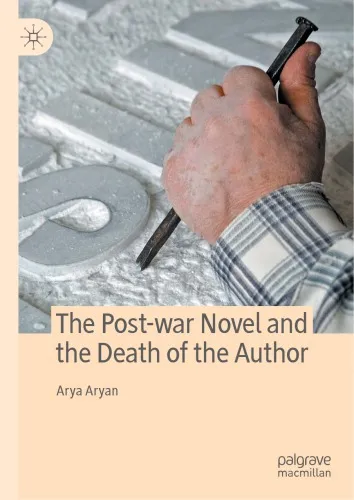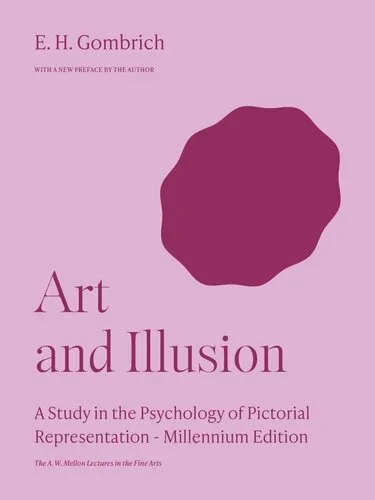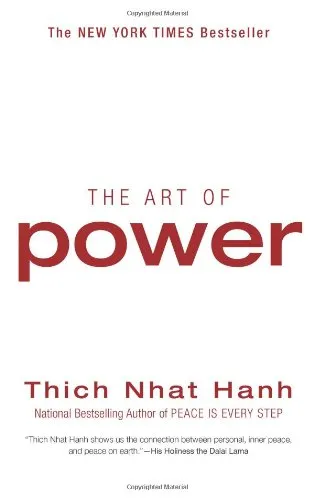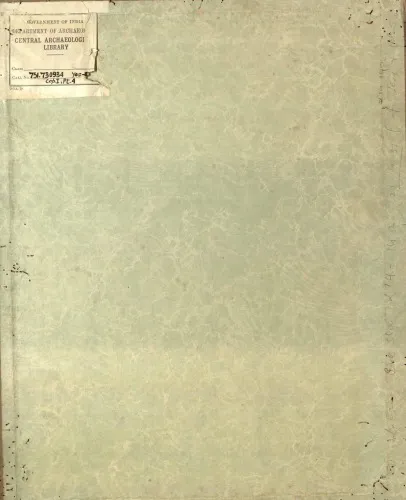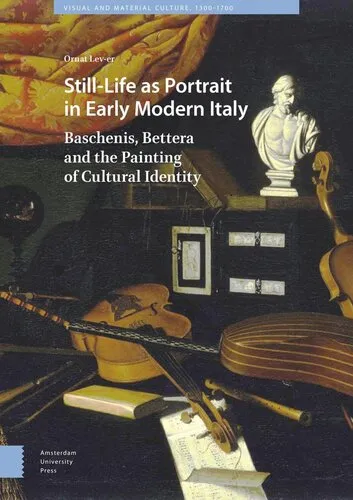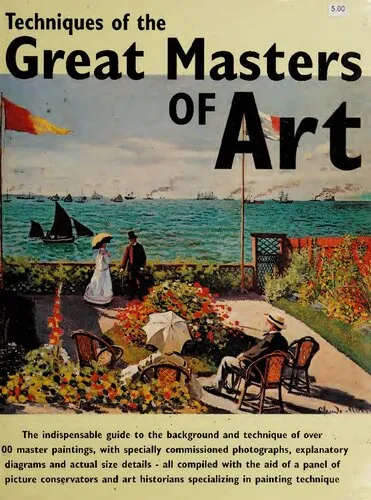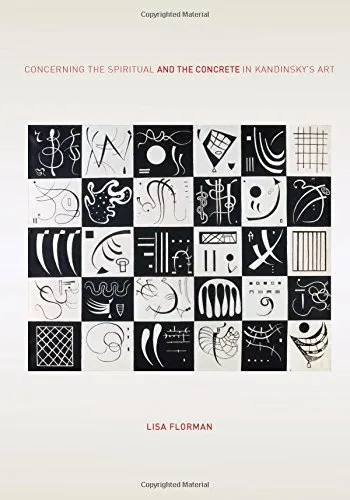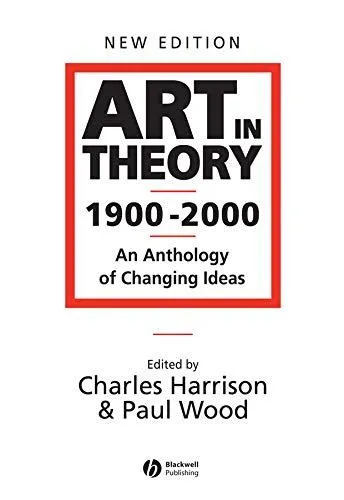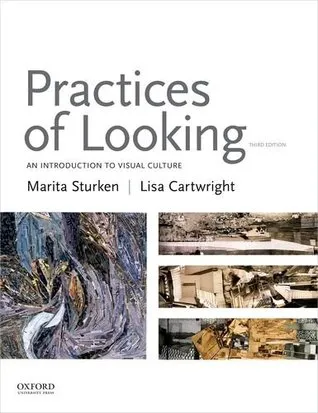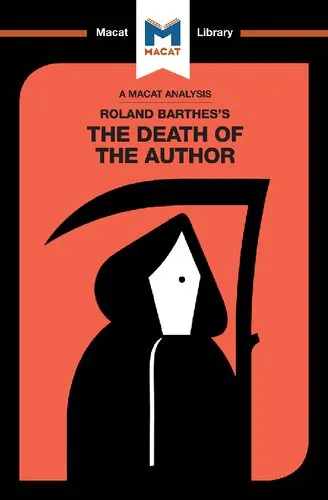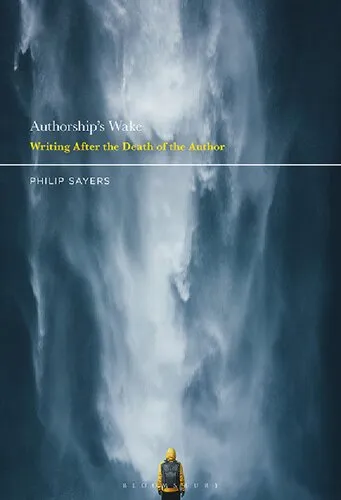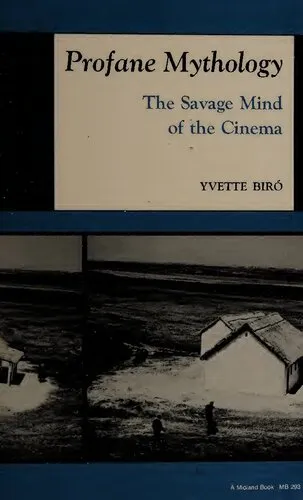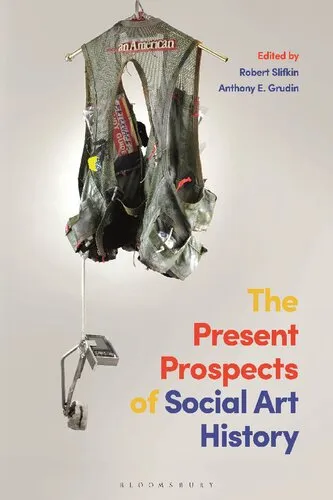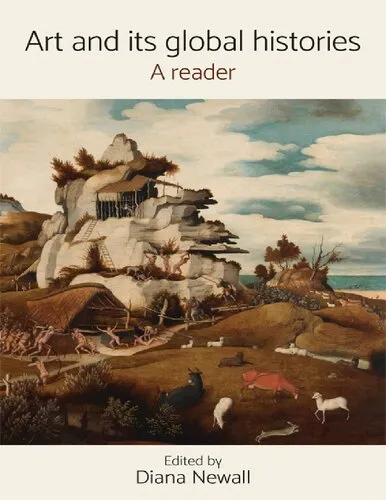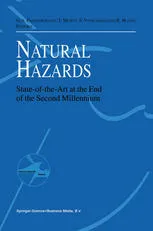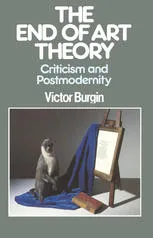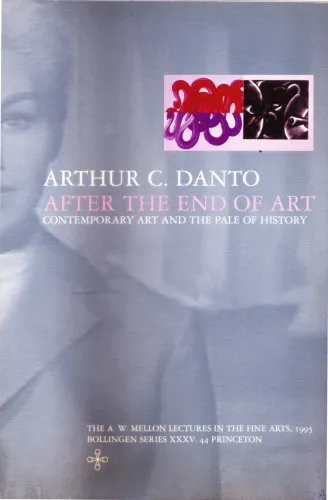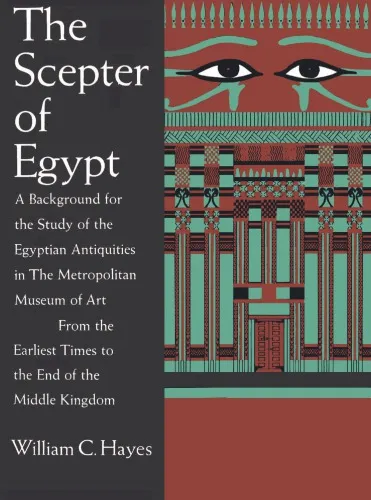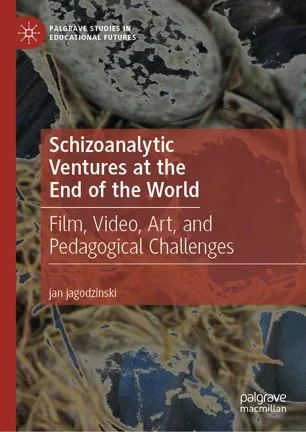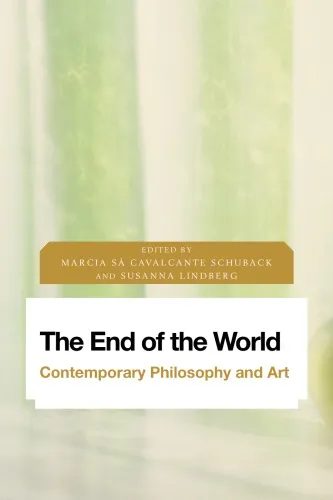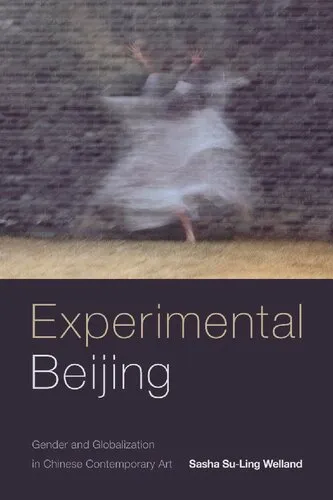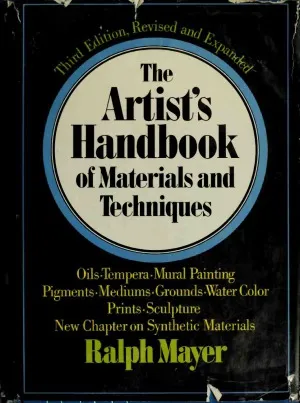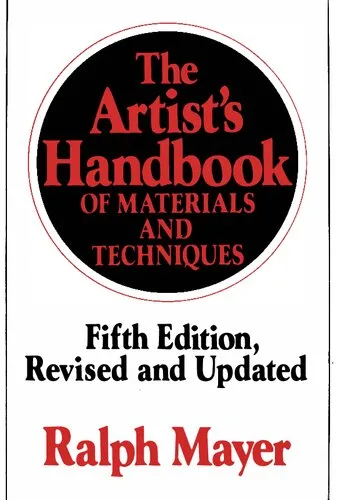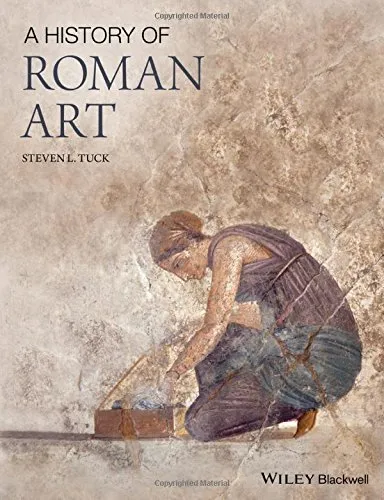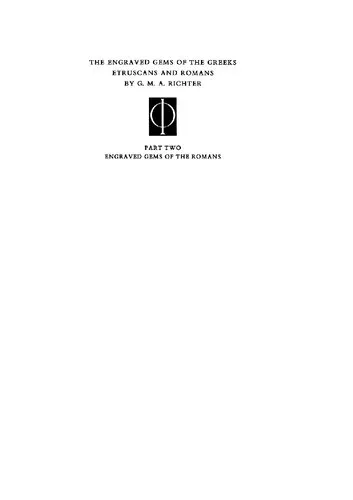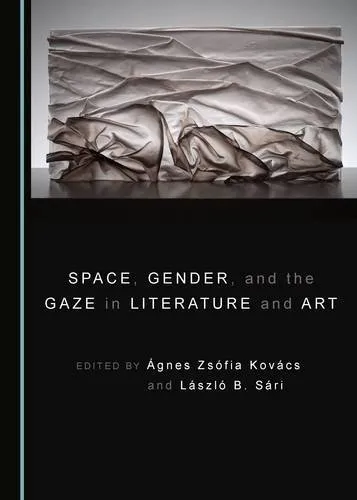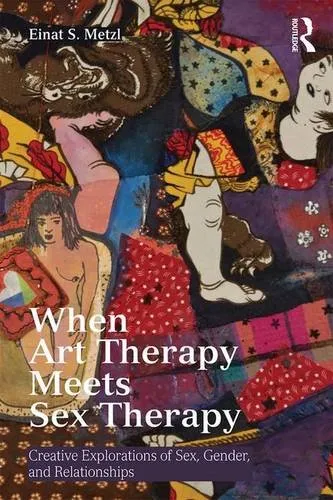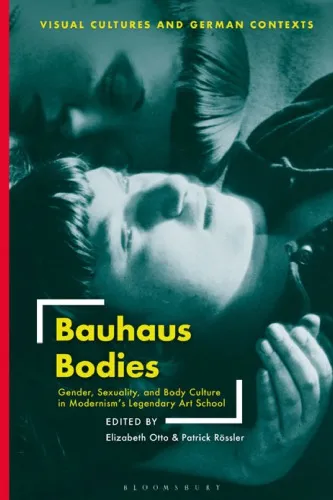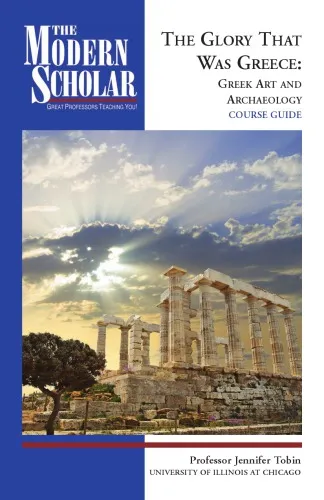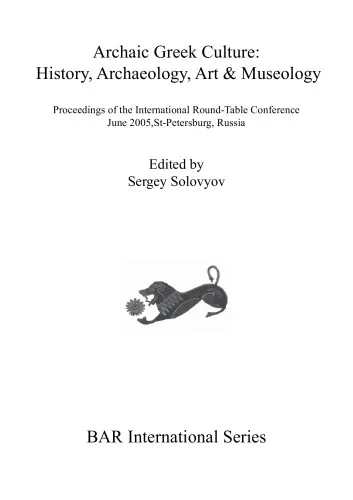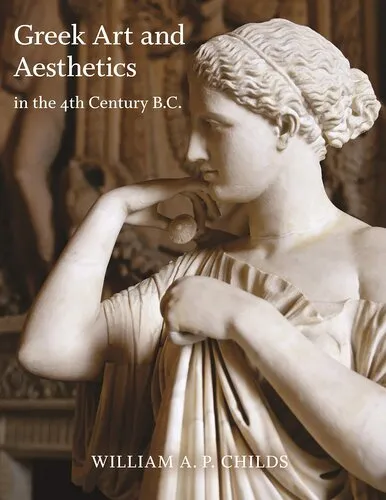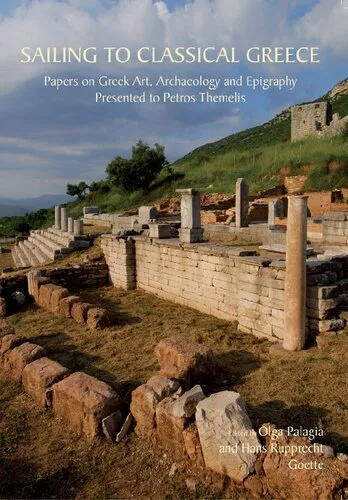The Post-war Novel And The Death Of The Author
4.9
Reviews from our users

You Can Ask your questions from this book's AI after Login
Each download or ask from book AI costs 2 points. To earn more free points, please visit the Points Guide Page and complete some valuable actions.Related Refrences:
Introduction
Welcome to an exploration of the intricate tapestry woven by post-war literature and the evolving role of the author, as examined in "The Post-war Novel And The Death Of The Author" by Arya Aryan. This book probes deep into the seismic shifts in literary paradigms that emerged after the tumultuous period of global warfare, offering insights into how these changes dissolved traditional boundaries between author and text.
The post-war novel, a multifaceted entity, took root in the aftermath of global catastrophe, thriving in an environment rich with existential questioning and thematic diversity. Aryan delves into this era with astute analysis, navigating through the nuances of narrative structure, characterisation, and thematic concerns that define the post-war literary canon. The title's reference to "The Death of the Author" signifies a pivotal intellectual movement, famously theorized by Roland Barthes, wherein interpretation took precedence over authorial intent.
Detailed Summary of the Book
The journey begins by setting the stage with contextual background on the impact of World War II on world literature. Aryan argues that the chaos of war not only obliterated physical landscapes but also destabilised the literary landscapes. This led to the emergence of a new kind of novel, one that reflected the fragmented, disillusioned world view of its time.
Throughout the chapters, Aryan meticulously examines seminal works that illustrate this transition. The book investigates the evolving narrative techniques and the shift towards introspective and subjective storytelling. With examples drawn from writers such as Samuel Beckett, Thomas Pynchon, and Jean-Paul Sartre, Aryan elucidates how these authors redefined the boundaries of storytelling by prioritizing theme and reader interpretation over rigid narrative conventions.
The book also discusses the effect of these changes on reader engagement. The shift towards interpreting a novel without considering the author's intended meaning empowered readers, making them co-creators of meaning. Aryan explains how this democratization of text fostered rich dialogues and interpretations across various socio-cultural spectrums.
Key Takeaways
- Understanding the transformation of narrative forms post-World War II and their societal implications.
- Analyzing key post-war novels and their contribution to the literary tradition.
- Exploration of "The Death of the Author" theory and its relevance in contemporary literature.
- Insights into how readers’ roles have evolved in interpreting texts.
Famous Quotes from the Book
"The post-war novel thrives in its capability to reflect an altered world, where certainty is a relic of the past, and fragmented realities are the new norm."
"In relinquishing the author, the modern novel rejuvenates itself, drawing life from the myriad possibilities offered by reader interpretation."
Why This Book Matters
This book is a crucial resource for scholars and enthusiasts interested in the intersections of literature and philosophy. "The Post-war Novel And The Death Of The Author" provides an essential lens for understanding the paradigm shifts that have shaped modern narratives. It is particularly relevant for those examining the impacts of socio-political upheavals on creative expression, as it elucidates the complex interplay between historical context and literary innovation.
Aryan’s work serves as both a historical documentation and a critical exploration of literature’s evolving nature in the face of transformative global experiences. By unpacking the dynamics between narrator, text, and reader, Aryan's insightful prose guides readers through the labyrinth of post-war literature and contemporary narrative theories.
Free Direct Download
You Can Download this book after Login
Accessing books through legal platforms and public libraries not only supports the rights of authors and publishers but also contributes to the sustainability of reading culture. Before downloading, please take a moment to consider these options.
Find this book on other platforms:
WorldCat helps you find books in libraries worldwide.
See ratings, reviews, and discussions on Goodreads.
Find and buy rare or used books on AbeBooks.
1492
بازدید4.9
امتیاز0
نظر98%
رضایتReviews:
4.9
Based on 0 users review
Questions & Answers
Ask questions about this book or help others by answering
No questions yet. Be the first to ask!
